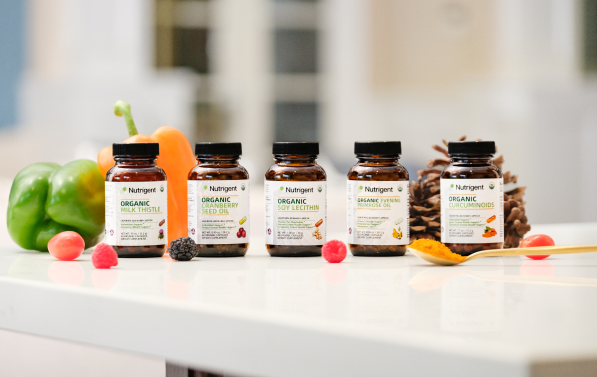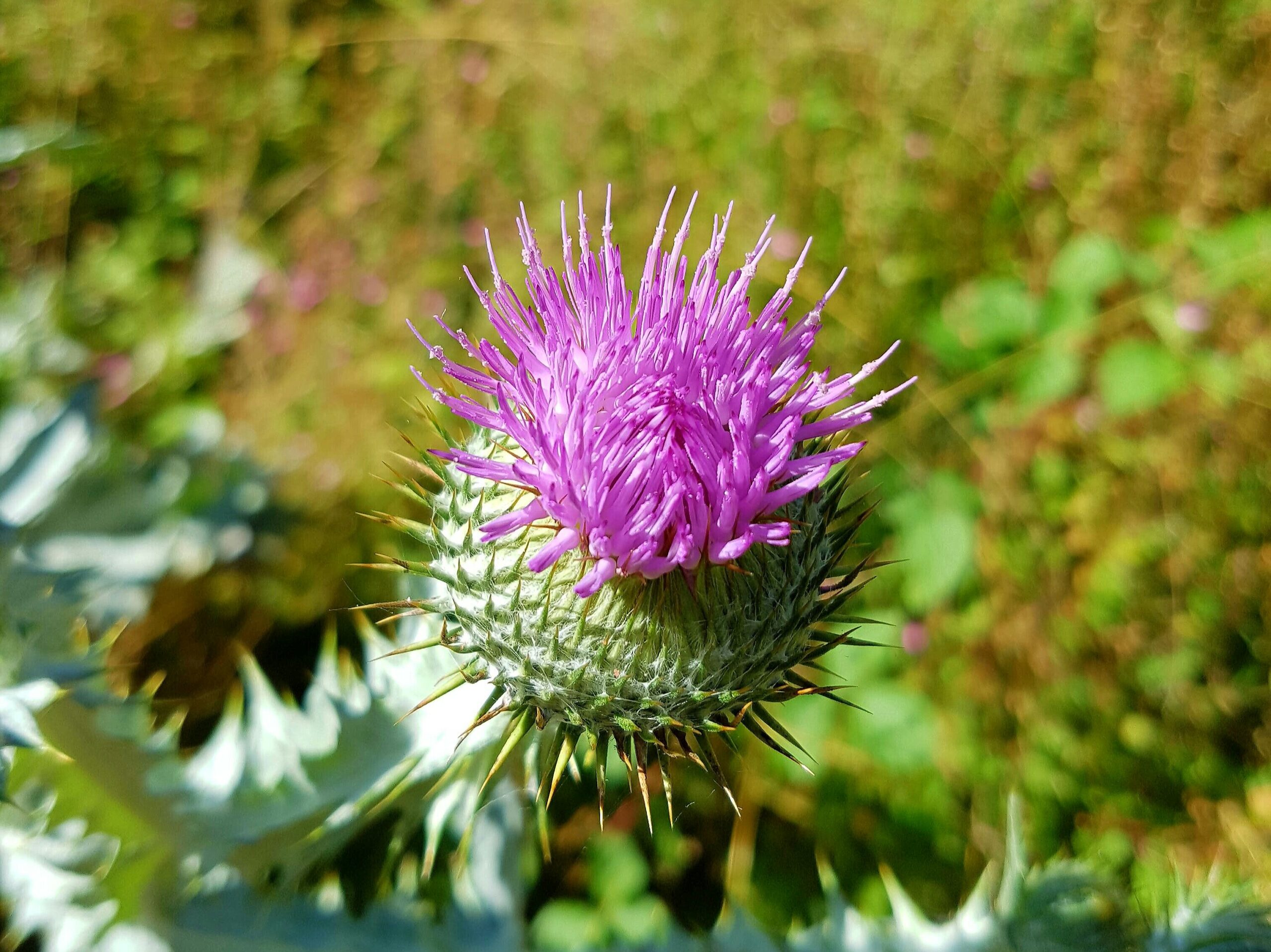Free Ship Over $75
15% OFF First Order
-
Shop
NEW & NEATURED
SHOP BY HEALTH BENEFITS
-
About Us
-
Shop
NEW & NEATURED
SHOP BY HEALTH BENEFITS

-
About Us
Free Ship Over $75
15% OFF First Order



Milk thistle, also known as Silybum marianum, is a plant rich in biologically active compounds, the most important being a group of flavonolignans collectively known as silymarin. This group includes four main isomers: silybin, isosilybin, silychristin, and silydianin — with silybin being the most abundant and biologically active.
Silymarin is known for its liver-protective properties. It supports the regeneration of damaged liver cells, enhances detoxification capabilities, and improves overall liver function. Its pharmacological effects include hepatoprotection, anti-inflammation, immune regulation, lipid-lowering, and antioxidant activities. Clinical studies supporting milk thistle’s benefits include:
① Alcoholic Liver Disease
Five clinical studies involving over 600 patients with alcoholic cirrhosis found that after approximately 41 months of treatment, patients receiving silymarin had significantly higher 4-year survival rates compared to the placebo group, suggesting that silymarin may prolong life in patients with alcoholic liver disease.
② Non-Alcoholic Fatty Liver Disease (NAFLD)
A randomized controlled trial involving 64 patients with non-alcoholic steatohepatitis (NASH) found that daily supplementation of 210 mg of silymarin for 8 weeks significantly improved liver enzyme levels compared to placebo. Furthermore, combined therapy with silymarin and other medications also showed improvement in liver function and clinical symptoms.
③ Drug-Induced Liver Injury
A retrospective study of 2,000 patients with liver damage caused by Amanita phalloides (death cap mushroom) showed significantly lower mortality rates among those treated with silymarin. In addition, a meta-analysis on the prevention of anti-tuberculosis drug-induced liver injury found that the incidence of liver damage was significantly lower in the silymarin group compared to standard treatment.
④ Chronic Viral Hepatitis
For chronic viral hepatitis, combining silymarin with antiviral drugs helps maintain antiviral effects while improving liver function and reducing liver fibrosis in hepatitis B patients, thus slowing disease progression.


① Frequent Alcohol Consumers
The liver plays a crucial role in detoxification, including metabolizing alcohol. Excessive alcohol consumption — whether for social or occupational reasons, can overwhelm the liver and damage liver cells. Milk thistle may help support liver function and mitigate alcohol-related damage.
② Overweight Individuals
As obesity becomes increasingly common due to dietary habits and social lifestyles, the liver faces added stress from fat metabolism. Excess fat can accumulate in the liver, potentially leading to fatty liver disease. Silymarin has been shown to reduce triglyceride and cholesterol levels in the liver and blood, improve fatty degeneration and ballooning of hepatocytes, and protect the liver from harmful substances.
③ People with Irregular Sleep or Long Working Hours
The liver performs vital repair and regeneration functions at night. Chronic sleep deprivation disrupts these processes and can lead to cumulative liver damage. Additionally, late-night eating increases the digestive burden. Milk thistle may help support liver resilience under these conditions.
④ Those Seeking Liver Support
In today’s fast-paced society, social engagements involving alcohol or heavy meals are common. The liver lacks pain receptors, so damage can go unnoticed until it becomes serious. As a natural botanical, milk thistle is a popular option for its potential in protecting the liver, promoting hepatocyte regeneration, and assisting in the treatment of liver-related conditions.

Milk thistle extract is generally considered safe and well-tolerated. Clinical studies report a low incidence of adverse effects (less than 2.4%), comparable to placebo. The most common side effect is mild diarrhea. Other possible reactions include nausea, upper abdominal discomfort, joint pain, itching, and hives. However, despite its liver-supporting properties, excessive intake of milk thistle could potentially strain the liver. Therefore, it is important to follow medical advice when using any dietary supplement.
Customer Support: If you have any questions or need assistance, please contact our customer service team info@nutrigent.us. Our service hours are Monday to Friday, 9:00 AM to 5:00 PM.
DISCLAIMER: *These statements and any claims made about specific products on or through this site have not been evaluated by the Food and Drug Administration and are not intended to diagnose, treat, cure, or prevent any disease. This site is not intended to provide diagnosis, treatment, or medical advice, and all content provided is for informational purposes only.*